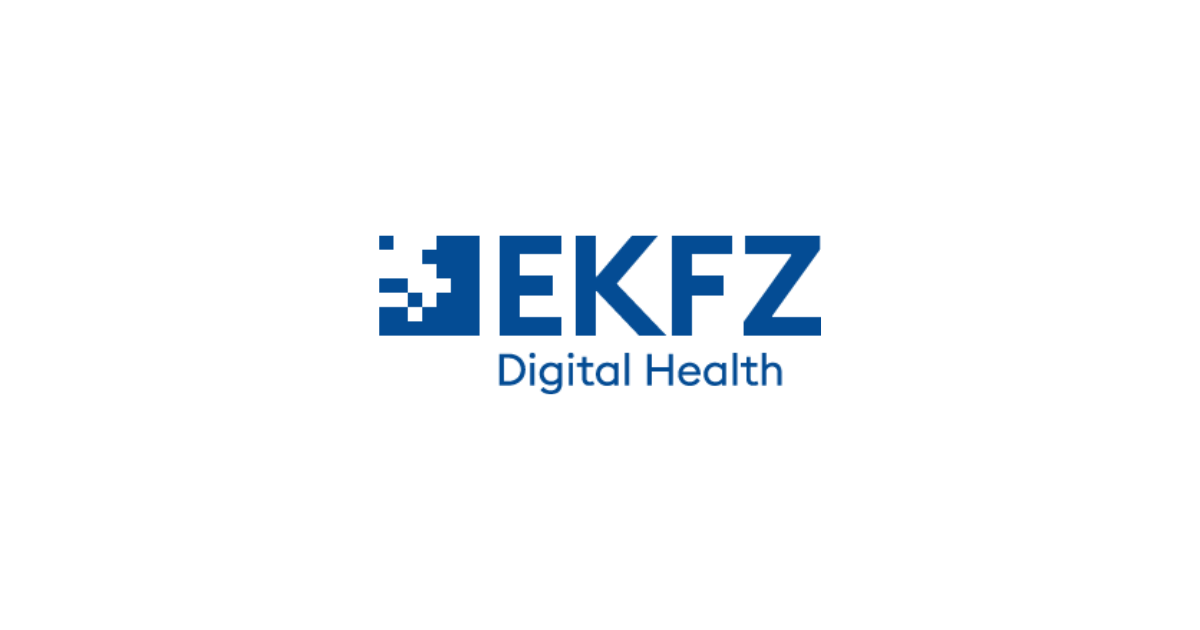AI Agent Supports Oncology Clinical Decisions

Researchers at the Else Kröner Fresenius Center for Digital Health at Dresden University of Technology, along with international partners, have developed an autonomous AI agent designed to support clinical decision-making in oncology. This AI agent, detailed in a study published in Nature Cancer, was tested on 20 simulated patient cases and achieved a 91% accuracy rate in reaching correct clinical conclusions.
The AI agent enhances the large language model GPT-4 with tools for radiology report generation, medical image analysis, and genetic alteration prediction. It accesses a database of approximately 6,800 documents from official oncology guidelines to ensure decisions are based on current medical knowledge. The system's performance was significantly improved by using specialized tools and medical information retrieval, reducing the occurrence of "hallucinations"—incorrect statements that appear plausible.
The study demonstrates the potential of AI agents to assist oncologists in everyday clinical practice, although further validation is needed. Future work will focus on integrating conversational capabilities and ensuring data privacy. The research team envisions that similar AI agents could be adapted for other medical fields, provided they are equipped with the necessary tools and data.
We hope you enjoyed this article.
Consider subscribing to one of our newsletters like Life AI Weekly or Daily AI Brief.
Also, consider following us on social media:
More from: Life Sciences
Subscribe to Life AI Weekly
Weekly coverage of AI applications in healthcare, drug development, biotechnology research, and genomics breakthroughs.
Market report
2025 Generative AI in Professional Services Report
This report by Thomson Reuters explores the integration and impact of generative AI technologies, such as ChatGPT and Microsoft Copilot, within the professional services sector. It highlights the growing adoption of GenAI tools across industries like legal, tax, accounting, and government, and discusses the challenges and opportunities these technologies present. The report also examines professionals' perceptions of GenAI and the need for strategic integration to maximize its value.
Read more
.png)